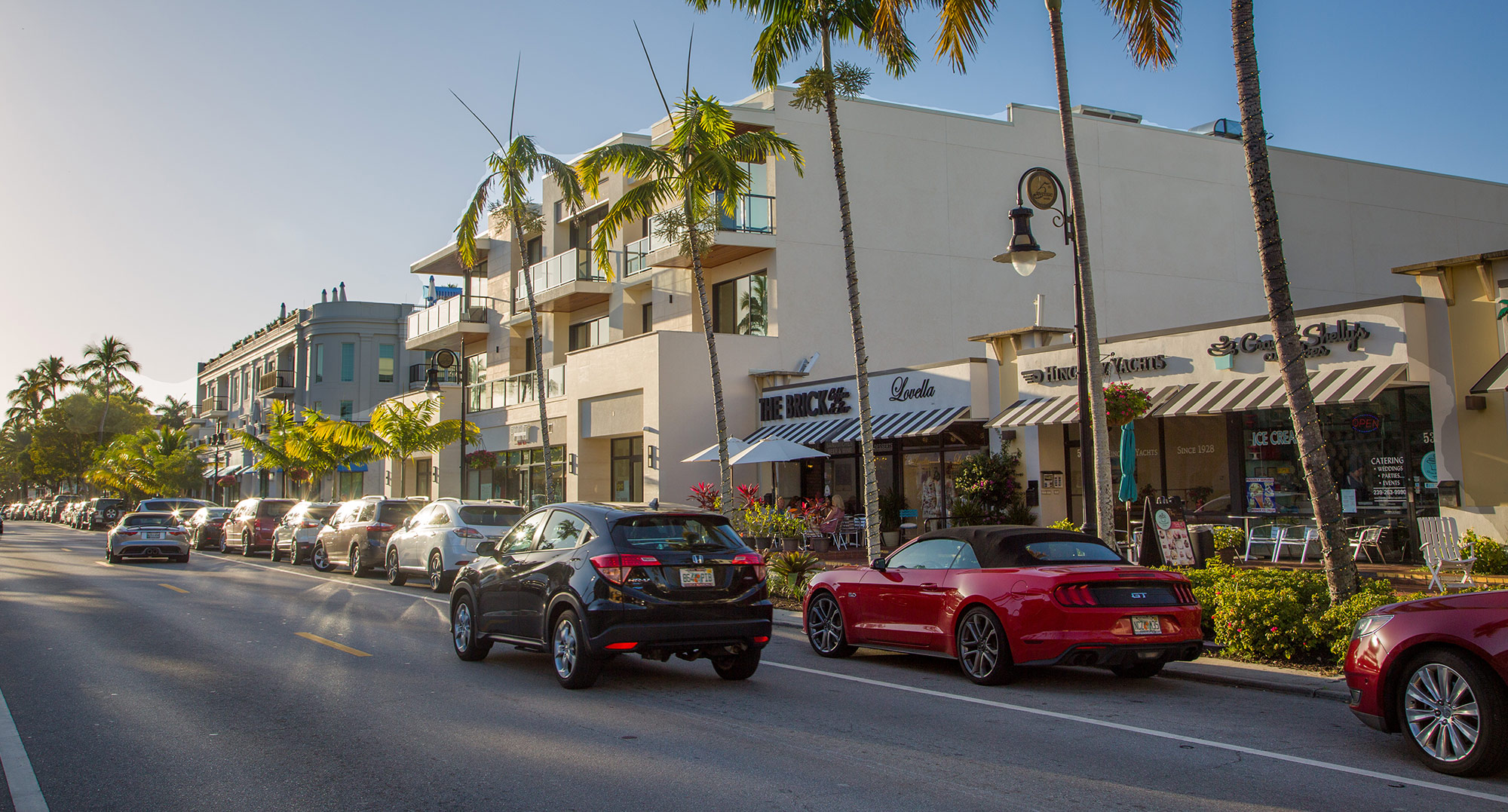Naples Botanical Garden, City of Naples, partner to replant sand dunes
April 27, 2021
NAPLES, FL – April 27, 2021 – Nature isn’t big on monocultures — single plants dominating a landscape.
So, when it came time to replant sand dunes along City of Naples beach access points, City environmental specialists and Naples Botanical Garden conservation experts decided to team up and use a more nature-based approach to restoration.
The entities have selected a handful of beach access points as a demonstration project and will plant them in a way that mimics natural dunes, with a vast array of species playing different roles in the ecosystem and in sand stabilization. More commonly, dune restoration relies on a handful of species, predominantly sea oats. While better than barren dunes, that low-diversity practice limits pollination and wildlife habitat, and it does not offer the same storm resilience as more biodiverse structures.
On Wednesday, April 28, the City of Naples and Naples Botanical Garden will replant dunes at several beach access points near downtown Naples, using these scientific principles. Media are invited to join the planting teams at the beach access at 10th Avenue South, Naples, 34102, and observe the process between 10 a.m. and noon. Representatives will be on hand to answer questions about biodiversity, storm resilience and related environmental matters.
The partnership was born out of a conversation between City of Naples arborist Heather Shields and Chad Washburn, the Garden’s vice president of conservation. Shields was overseeing the removal of Scaevola taccada, an invasive shrub, along city beaches, leaving her with a blank slate to replant. Washburn and his team previously had studied dunes at Delnor-Wiggins Pass State Park to understand the botanical workings of an untouched beach ecosystem. He was eager to put what they’d observed into practice. Together, City and Garden staff will install an array of dune species native to Collier County that were once common to area beaches before exotics out competed them.
This pilot project may offer economic benefits, as well: The Garden’s recommended plant list focuses on species that require little pruning, watering or other maintenance. Moreover, the selected plants have aesthetic value — a critical consideration for Naples’ tourism-dependent economy and for maintaining its renowned quality of life.
Sand dunes are natural barriers between sea and shore, protecting against storm surge and coastal flooding. They capture sand that would otherwise blow off the beaches, limiting costly renourishment projects. They also provide important habitat for wildlife including birds, turtles, insects, crabs and small mammals. Naples Botanical Garden and the City of Naples are committed to safeguarding beaches and other critical ecosystems

